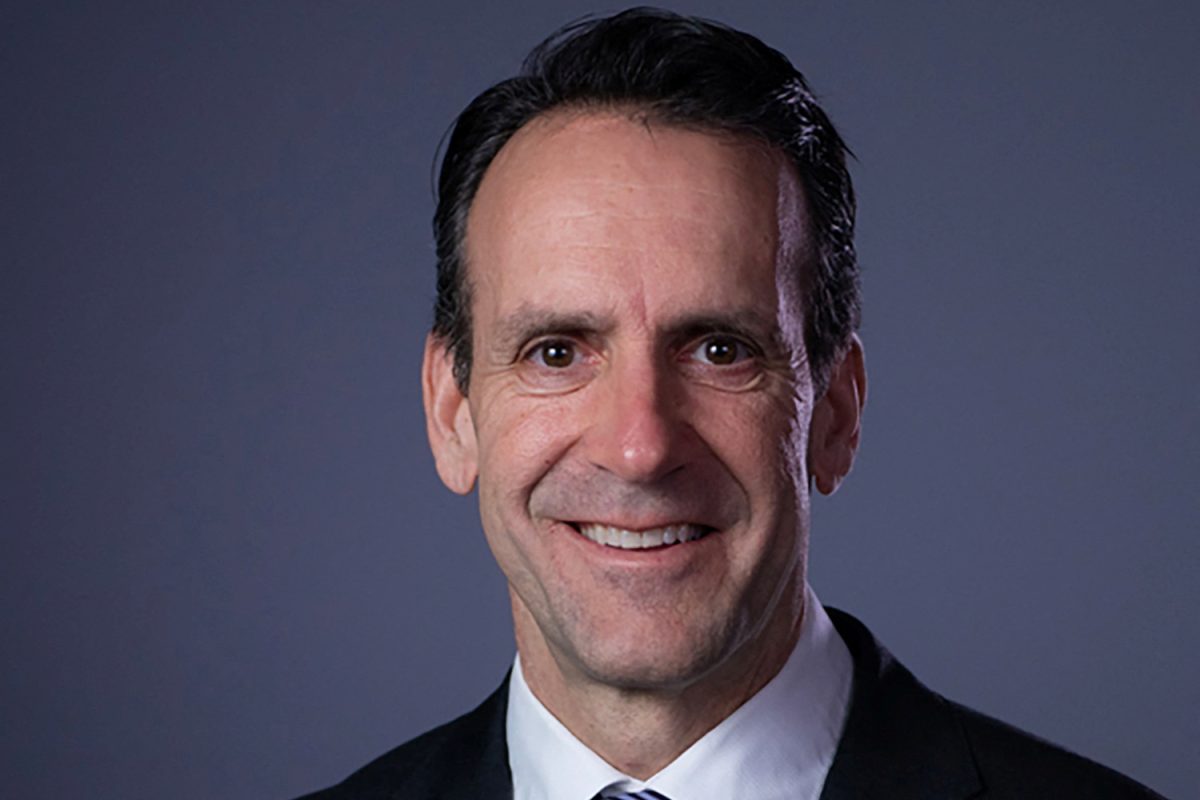
On February 12th, 1809, in Larue County, Kentucky, Nancy Hanks Lincoln gave birth to her 2nd son. His name was Abraham. He grew up in an impoverished family of four, his sister being born after him and his brother dying before him dying as an infant.
When he was 7, he moved to the state of Indiana, where his boyhood home sits for people to see in Lincoln City, Indiana. His early life was spent reading books by the firelight and doing chores around his family’s farm. He described the poverty of where he was at as “pretty pinching at times”.
In 1818, his mother Nancy Lincoln passed, making for one of the hardest times for young Lincoln. His father later remarried Sarah Johnston, a widow with two girls and a boy of her own. They both ended up becoming very fond of each other, with Lincoln being quoted saying she was his “Angel Mother”.
Tuesday is the 160th anniversary of Lincoln’s assassination.
Even with very little formal education, adding up to 1 year in total, he was still infatuated with the books he could read. The books that still stuck with him were Parson Weem’s Life and The Memorable Actions of George Washington. His siblings recall him walking miles just to read a book, and being a “free thinker” and “sceptic”.
By 1830, he made his way over to Illinois, which would later become his future home for the rest of his life. Lincoln was known for his tall stature and strong ability to wield an axe, but even with all of that, he found no interest in farming, unlike his father. He had many odd jobs throughout his earlier life, being a railsplitter, flatboatman, and surveyor. In 1832, the Black Hawk War started, and he volunteered and later became the captain of his company.
Around this time, he started aspiring to be a legislator, where he was defeated on his first try, but the second time, he was elected to the state assembly. At first, he wanted to pursue the trade of blacksmithing until he started learning more about mathematics and grammar. He chose to start studying for the bar Exam, where he eventually ended up passing in 1836.
He moved to Springfield, Illinois, because of the greater opportunities for young lawyers. When he got there, he partnered with fellow lawyers John T. Stuart, Stephen T. Logan, and eventually, in 1844, William H. Herndon. After 1850, with the introduction of the railroads, his practice became easier with faster travel to places, and it’s also when Lincoln became a working lobbyist for Illinois Central Railroad. He successfully defended the company from county taxes, resulting in him getting his biggest legal fee of $5,000. He defended many other big railroad companies and had famous cases that cemented himself as one of the best lawyers in Illinois.
Lincoln started his political career when Andrew Jackson was still president. He disagreed with many of his policies and views, saying, “The legitimate object of the government is to do for a community of people whatever they need to have, but cannot do at all, or cannot do so well for themselves in their separate individual capacities.” Lincoln’s most admirable inspirations were President Henry Clay and Lawyer Daniel Webster. Both of those two people also had similar ideas about how to run a government with encouragement to use federal power and to improve the transportation system. Lincoln’s first political party was the Whigs. He was elected four times from 1834 to 1840. Lincoln was big on creating railroad and transportation infrastructure and separation of “church influence” from politics. For his earlier political days, he would usually shy away from things such as resolutions and bills, but during his term from 1847-1849, he proposed a bill for the gradual and compensated emancipation in the District of Columbia. Before he was president, he focused on presidential politics, criticizing President James K. Polk for his statement that Mexico started the war by shedding American blood. Though, these criticisms were not popular.
Lincoln in 1854, still a quiet presence in congress at the time, found his opportunity to do something big when a congressman by the name of Stephen A. Douglas made a bill to be reopened for slavery. This is what gave way to the Republican party, bringing in a lot of Whigs who felt displaced in their stances lining up with the party’s views. Later, Lincoln challenged Douglas for a Senate seat in 1858. During this election, they had a series of debates that were considered to be political horotory of the highest order. Lincoln ended up losing the election, but it gave him national recognition to the point people were suggesting him to run for the 1860 election.
On May 18th, 1860, Lincoln was nominated to run for president representing the Republican Party. On November 6th of the same year was election day. He won 40 out of 100 of the popular vote, receiving none from the deep south. With the electoral college, he won a unanimous victory against the 4 other candidates, with his Vice President being Hannibal Hamlin. By the first year of his presidency in 1861, he had to deal with the official start to the Civil War at Fort Sumter. Then after the war his second term started with his assassination
Abraham Lincoln left one of the biggest legacies as a president; he fought for the rights of many Black Americans and won the Civil War against the Confederacy. Two of his best accomplishments are the Gettysburg Address and the Emancipation Proclamation speeches. Both were powerful speeches that gave America the strength to win and take back America, and give moral support.








